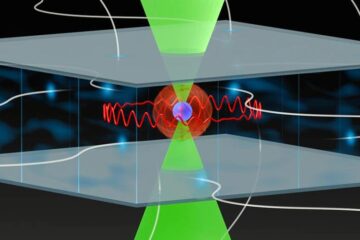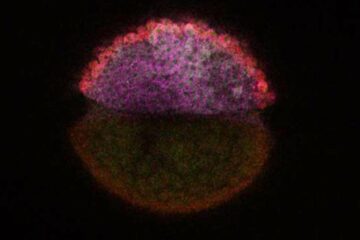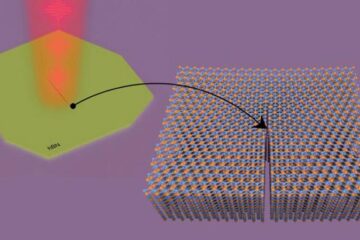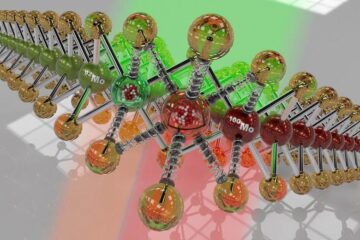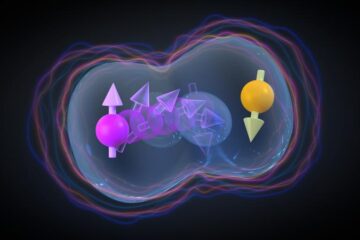Latest News

Rat makes a partial recovery following a spinal cord lesion
Scientists at the Netherlands Institute for Brain Research have developed an experimental therapy which enables rats with a spinal cord lesion to partially recover from their paralysis. Up until now not even the slightest degree of recovery was possible. PhD student Bas Blits was part of this team.
The method uses a combination of transplantation and gene therapy. For the transplantation, the researchers implanted nerve cells cultured in vitro. The cells originated from the nerves between th

Predicting the species diversity of large herbivores in nature reserves
The number of species of large herbivores that can live in a nature reserve can be easily calculated using just rainfall and soil fertility data. The Wageningen ecologist Dr Han Olff can use this to indicate on a worldwide basis where nature reserves that protect large mammals are needed.
On a map of the world, the researcher from Wageningen University has marked the areas in which the greatest diversity of large game can live. For species-rich nature reserves in East Africa and on the Argen

New superconducting transformer is light and compact
Researchers from the Technology Foundation STW and the University of Twente, in cooperation with Smit Transformatoren and Smit Draad, have developed a prototype coil for a superconducting transformer which is not only light and compact but also energy-efficient. A keen interest has already been expressed by several companies.
The coil is made from superconducting wires, insulated using a newly patented method. Furthermore, together with Smit Transformatoren the researchers have developed a m

Refined Petrol Stations
There are always oil spots near the petrol stations. Rainwater washes them away, polluting the environment. Researchers from Perm have developed a refining unit for cleaning rainwater sewage from petrol stations. It was successfully tested in Moscow and Perm.
The unit base is a new filter – “Kombi” – made of fibrous carbon sorbent, which is produced by coagulation of chemical cellulose fibres in a special way. The filtering process consists of three stages – settling, refinement through the

Eddies Warm Up The Ocean
Eddies appear in the ocean like in the atmosphere. Atmospheric eddies are short-lived, extremely speedy, and often very hazardous. Oceanic eddies are slower and can be observed only with the use of special equipment, but these eddies gently mixing ocean waters affect the climate in general.
For more than ten years specialists from the Pacific Institute of Oceanology in Vladivostok have observed the oceanic eddies formed at the confluence of two largest undercurrents in the west of the Pacif

Modus operandi: how satellites track a mass killer
A global mass killer could be tamed with the aid of satellite technology. Scientists are using data from Meteosat to help model and predict outbreaks of malaria. “Satellite sensor data hold out hope for the development of early-warning systems for diseases such as malaria, which kills between 1 and 2 million people each year,” says David Rogers, of Oxford University’s Department of Zoology.
Rogers is part of a team based in Oxford, Nairobi and at NASA’s Goddard Space Flight Center, Marylan


